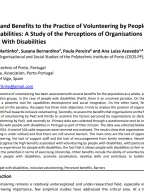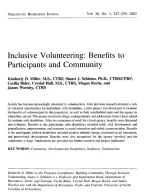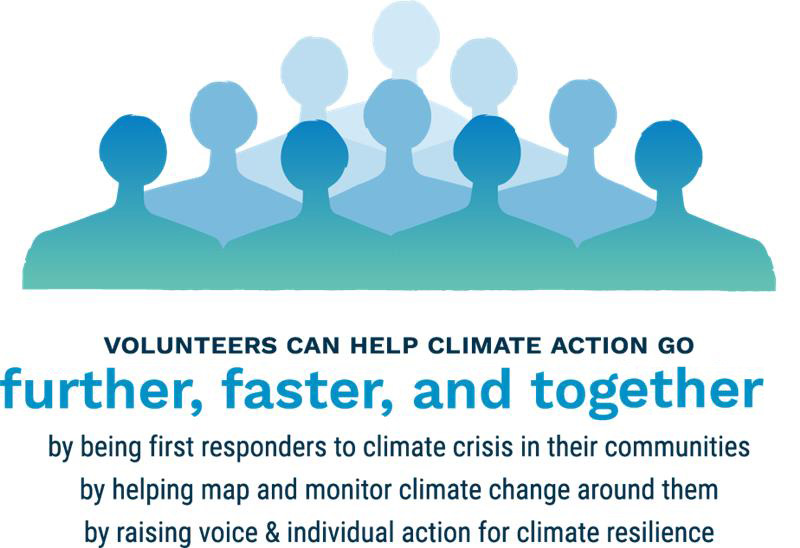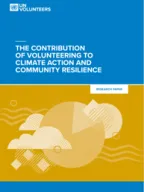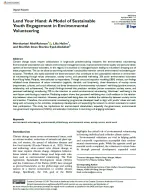What does the evidence say?
Volunteerism is a universal, dynamic and creative resource for climate action. Volunteerism has been driving environment and climate action for decades and made communities more resilient for millennia (UNV, 2017).
Climate justice and realizing human rights |
|
Knowledge and data gathering |
|
Participatory policy development |
|













